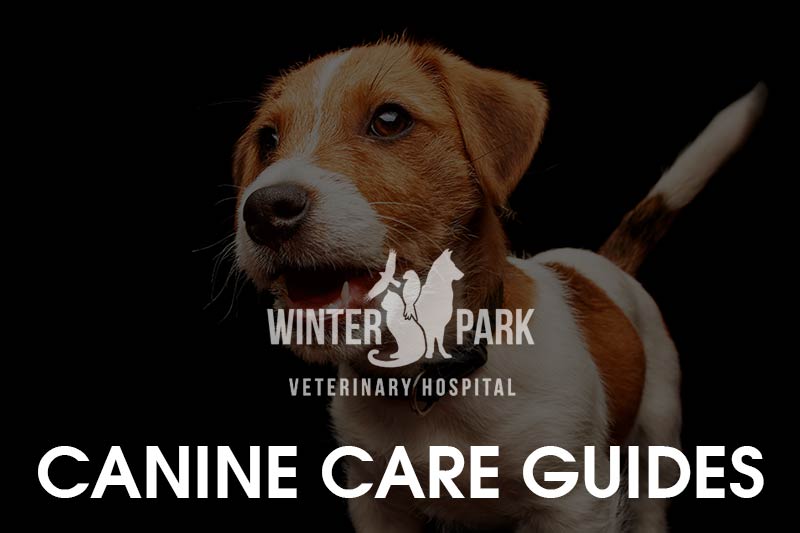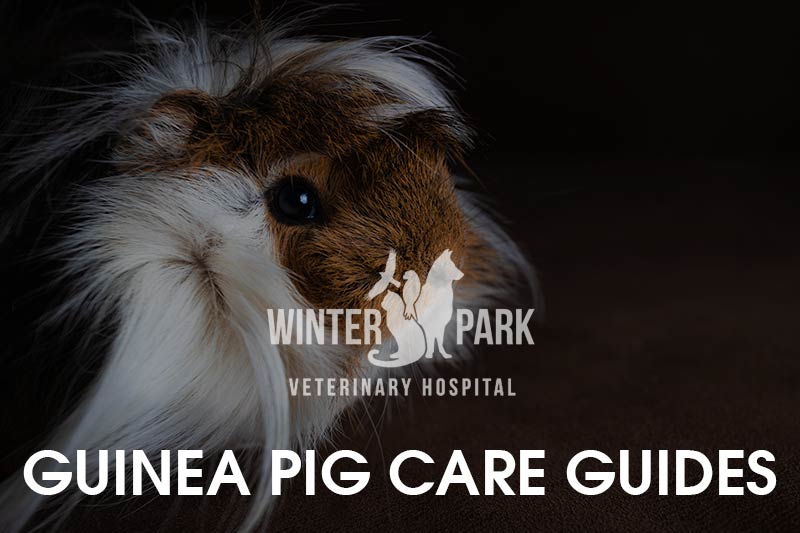12 Tips to Train a Puppy to Urinate and Defecate Outside
Download this Pet Care Guide – PDF
- Every one to two hours, take the puppy outside. Puppies have high metabolisms—meaning they make a lot of urine quickly—and they have small bladders, which means they can’t store all of that urine for long.
- When the puppy is out, let it sniff a bit. Don’t just pull it away from what it’s sniffing and keep walking. Sniffing is an important part of the elimination sequence in dogs.
- If the puppy is just rampantly plowing ahead sniffing, consider stopping and walking quickly back and forth. This movement stimulated normal dog elimination precursor behavior.
- Use a fixed-length short lead so you can encourage your puppy and respond to its cues. You can give the dog a small treat as it squats on a substrate you both like (e.g., grass). A reward may help encourage the association between squatting on that substrate and good experiences.
- Regardless of the frequency of your other walks, take the dog out 15 to 45 minutes after each time it eats. This is the time range for eating to stimulate the intestines to move feces. Do this after all meals, as well as biscuits and rawhides, both of which will stimulate elimination.
- Watch for behaviors (e.g., pacing, whining, circling, sudden stopping of another behavior) that tell you the dog may be ready to eliminate, and intercept the dog. If you pick up the puppy and it starts to leak, get a cloth and clamp it to the puppy’s genitals. This will help to stimulate the dog to associate inhibition of elimination with those muscle groups.
- Take the puppy out immediately after and play and naps or if it awakens at night.
- Prepare for the first walk of the day by having your street clothes on before you approach a crated puppy. Puppies that hve waited through the night cannot wait long once you’re awake.
- Watch the puppy between walks. Any puppy that’s moving around and suddenly stops needs to eliminate. You can make monitoring easier by putting a bell on the dog’s collar. Any time the puppy’s bell stops, take the dog outside immediately.
- If you have any older dog that’s housetrained, take it with you when you take the puppy out. Dogs learn extremely well by observing, and this may speed the process.
- Dogs are generally faster to housetrain for defecation than urination. This may be due, in part, to the fact that puppies urinate more frequently than they defecate. For some clueless dogs, it can help to either take a urine-soaked sponge for a piece of feces to the area you’d prefer the puppy use.
- Don’t forget to clean up feces. This allows dogs to be recognized as socially acceptable members of the community and may reduce transmission of parasites.
By Karen L. Overall, MA, VMD, PhD, DACVB, CAAB; DVM360, September 2014








